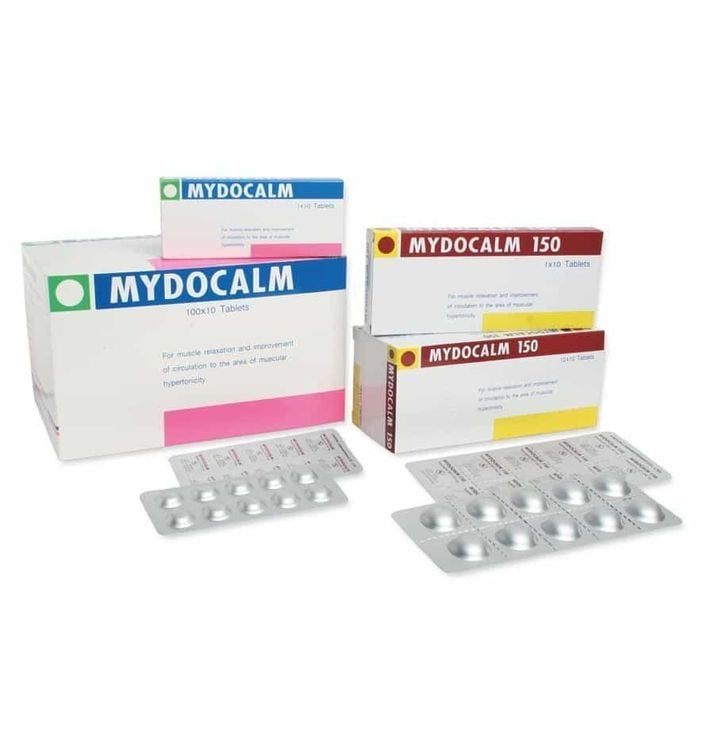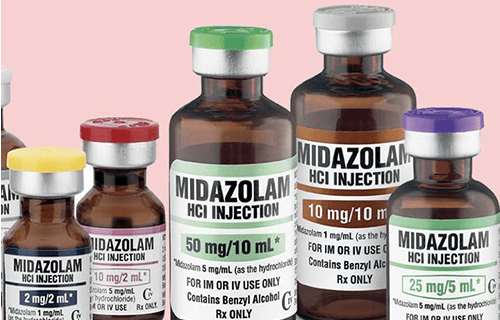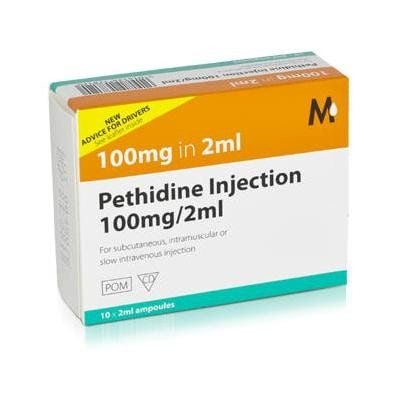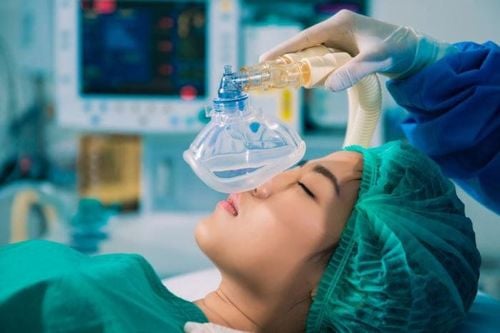This is an automatically translated article.
Posted by Doctor Nguyen Duc Tho - Department of Surgical Anesthesia - Vinmec Central Park International Hospital
For those who are allergic to anesthesia, it is necessary to pay special attention and learn carefully in advance the risks and risks that may be encountered during the implementation. Because this will help the patient prepare better psychologically and limit unnecessary problems.
1. What is an allergy?
Allergy is a hypersensitivity disorder of the immune system. Allergic reactions that occur in response to harmless substances in the environment called allergens are rapid and unpredictable. A hypersensitivity reaction is the over-activation of B lymphocytes and an antibody called IgE, resulting in a severe inflammatory response that typically includes eczema, rash, fever, asthma attacks, Food poisoning, cement allergy and reactions to the venom of stinging insects such as bees, mosquitoes, ants... The rate of anaphylaxis in the operating room is estimated to be 1/10 000-20 000 cases. anesthesia or anesthesia with a fatality rate of less than 0.001%.
2. Common allergens in anesthesia
When the patient has a history of allergies, is allergic to drugs or foods, the risk of allergic reactions during anesthesia is often higher. The most common anaphylaxis-inducing agents in anesthesia are muscle relaxants, (most commonly Rocuronium and Suxamethonium), antibiotics (most commonly beta-lactams), or latex, infusion solutions. high molecular.
Less common, but may also trigger an anaphylactic reaction, are Chlohexidine, colloidal solutions, blue dyes (isosulfan), the drugs Heparine, Protamine and Oxytocin. Rarely, anaphylactoid reactions have been observed with opioids or hypnotics (Barbiturate, Propofol, Etomidate).

3. Anesthesia procedure for patients with allergies
Patients with allergies to anesthesia and surgery must follow the same strict procedure as other patients, including pre-anesthesia examination, monitoring during anesthesia and post-anesthesia care. However, for these patients the procedure will be performed more closely and thoroughly.
3.1 Pre-anesthesia examination The patient will be examined and assessed overall on the health and function of important organs such as heart, brain, liver, kidney, in addition to the usual tests. The special thing for patients with atopic allergies is to be thoroughly explored about the allergy history, what the allergenic agent is (drugs, food, latex...), how the allergy is. (light, moderate or heavy). If necessary, the patient may be ordered to undergo further tests to determine the exact antigen or receive specialized immunotherapy before anesthesia (desensitization or immunosuppression).
In addition, doctors will understand clearly the medical conditions that need surgery, procedures, and methods of implementation, thereby giving the most appropriate expectations, plans, methods of anesthesia and resuscitation for the patient. To minimize the risk of causing allergies, the options for handling allergic cases may be encountered in anesthesia and anaesthesia.
Moreover, doctors will explain the risks, complications, and benefits of the selected anesthetic method, share and encourage the patient to understand, trust and cooperate in the best way with the doctor. doctor.
3.2 Selected techniques Patients with allergies can still be applied anesthetic measures, basic anesthesia. The special thing is that doctors, based on the patient's allergy history, will consider choosing the most appropriate method to minimize the risk of allergies in anesthesia and anesthesia.
Local anesthesia is to numb a small part of your body. Local anesthetics can be in the form of drops, sprays, ointments, or injections, so they can be easily absorbed into the nerve. The patient is awake but feels no pain.
Regional anesthesia is done for surgery on larger or deeper parts of the body. The most common regional anesthesia, is spinal anesthesia and epidural anaesthesia. These two types of anesthesia are used during lower body surgeries such as cesarean section, bladder surgery, or hip replacement. The patient is awake but feels no pain.
Anesthesia is a controlled and reversible temporary loss of consciousness. Anesthesia injected intravenously, or anesthetic gas inhaled into the lungs, is carried by the blood to the brain, inhibiting the cerebral cortex and the sensory centers on the brain, causing the patient to completely lose consciousness and sensation. Loss of consciousness due to anesthesia is different from unconsciousness due to illness or injury and is different from sleep. When the anesthetic is removed, the patient's consciousness returns to normal.
In some cases, methods of anesthesia and anesthesia can be combined to reduce or minimize the risk factors that can cause allergic reactions during anesthesia.

4.Notes when implementing anesthesia
Because of the special nature and the consequences can be very serious, anesthesia for people with allergies often has to be performed in specialized medical facilities with a team of trained medical professionals, and equipment. be modern.
Before a patient has an allergic condition, anesthesia must be performed carefully, strictly adhere to the procedure, carefully prepared with all equipment and plans to handle when it occurs. unexpected unexpected situations.
Vinmec is a leading hospital equipped with modern facilities, a team of highly qualified medical staff and doctors who are trained and regularly updated with medical knowledge. The hospital has performed and safely ensured thousands of surgeries and procedures with all specialties, including complex specialties such as cardiac surgery with extracorporeal circulation, brain surgery, neurosurgery, surgery. Organ transplant surgery, robotic surgery... Therefore, Vinmec International General Hospital is now a reliable address to bring safety to patients.
Please dial HOTLINE for more information or register for an appointment HERE. Download MyVinmec app to make appointments faster and to manage your bookings easily.














